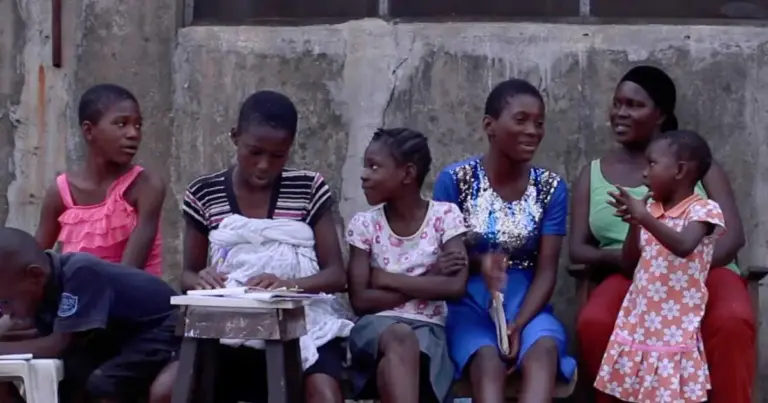In a small rural community in Ondo State, 40-year-old widow and mother of four, Yemisi Michael, represents the harsh reality of millions of Nigerians living under the weight of economic hardship. After the death of her husband three years ago, she took on multiple jobs just to feed her children. During the 2023 elections, hope seemed within reach when politicians came bearing promises and handouts. Yemisi was one of the few “lucky” recipients—gifted a grinding machine as part of a supposed empowerment initiative.
But like many of such gifts, it was short-lived. Just a month in, the machine broke down. Repair efforts failed, and she was forced to abandon it. She later discovered it was of inferior quality. Her story is not unique. Across Nigeria, countless citizens fall into this pattern—accepting temporary relief during election seasons, only to be abandoned once the votes are counted.
Political Handouts: A Vicious Cycle of Dependency
What happened in Yemisi’s village is a microcosm of a nationwide problem. Politicians exploit poverty, using minor handouts like clippers, motorcycles, grinding machines, and pots under the guise of empowerment. In reality, these efforts create a cycle of dependency, where citizens are reduced to seasonal recipients of charity rather than empowered contributors to the economy.
Economists and civic voices have long criticized this tactic. According to Michael Okafor, “Politicians believe once they give clippers or money during campaigns, they’ve bought your conscience.” And the tragedy? Many people accept because they feel they have no choice.
The Hidden Cost of Vote Buying
These short-term gifts rarely translate into lasting development. Communities remain without basic infrastructure, job opportunities, or quality education. Instead of progress, voters like Yemisi are left impoverished, still waiting for promises to materialize.
Hameed Muritala, a media and development expert, describes the practice as outdated and demeaning:
“Empowerment is not giving someone a pot or a gas cooker. These items often get sold off or wear out quickly. It’s not sustainable.”
Poverty Weaponized
Observers argue that the real problem is systemic poverty—weaponized by politicians to suppress critical thinking and voter independence. Lucy Okafor, a public affairs analyst, notes that the struggle for daily survival forces citizens to trade their future for their next meal.
“People need good governance, not handouts. But when you’re hungry, it’s difficult to think long-term,” she says.
This dynamic perpetuates underdevelopment and undermines democracy. As long as voters continue to equate representation with rice bags and cheap tools, politicians will have no incentive to deliver real change.
A Call for Sustainable Solutions
To end this cycle, experts are advocating for a shift from tokenism to sustainable empowerment. This includes:
- Skills development in vocational and digital trades
- Access to finance through grants or soft loans for micro-enterprises
- Entrepreneurship support programs that offer mentorship, tools, and market access
- Infrastructure investment that lifts whole communities out of poverty
Rather than distributing low-cost items for political gain, funds should be channeled into scalable programmes that equip individuals with lifelong income-generating skills.
Rising Poverty Amid Economic Reforms
Since President Bola Tinubu took office in 2023, Nigeria has seen a sharp rise in poverty, worsened by the removal of fuel subsidies and the floating of the naira. The inflation spike that followed sparked protests and deepened the cost-of-living crisis.
The World Bank reports that as of the end of 2023, 104 million Nigerians were living in poverty. That number has now surged to 129 million, meaning more than half of the population lives below the poverty line.
The Road Ahead: Demand Accountability
To break free from the trap of poverty and political manipulation, Nigerians must learn to vote based on policies, not promises. They must demand transparency, education reforms, and economic policies that empower the masses—not enrich a few.
As one economist bluntly put it, “A pot cannot lift you out of poverty, but a skill can.”
Until this lesson is widely understood and acted upon, the cycle of disempowerment will persist—one broken grinding machine at a time.

